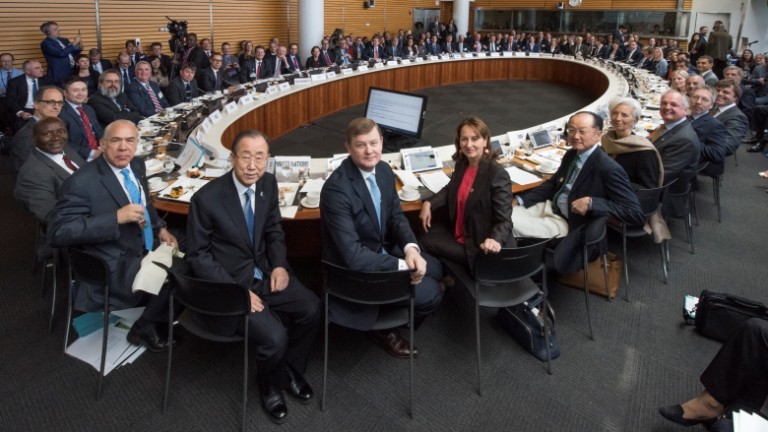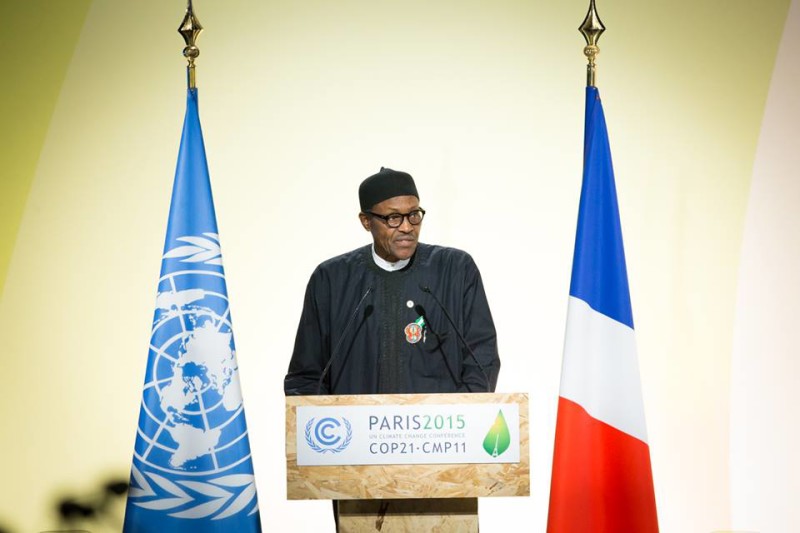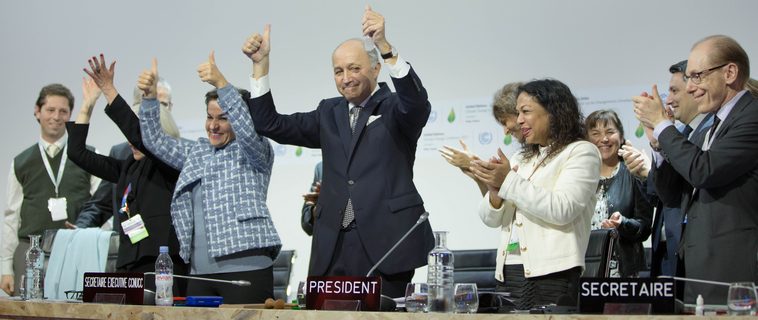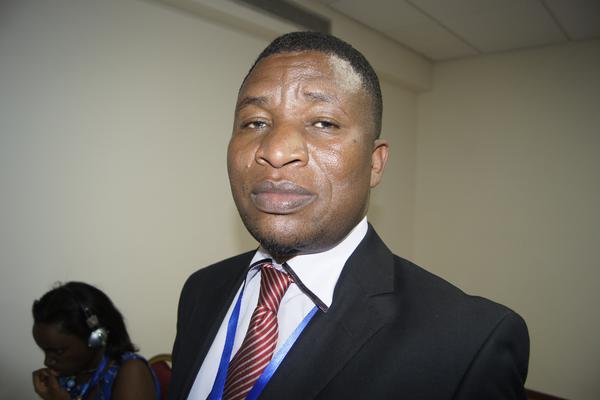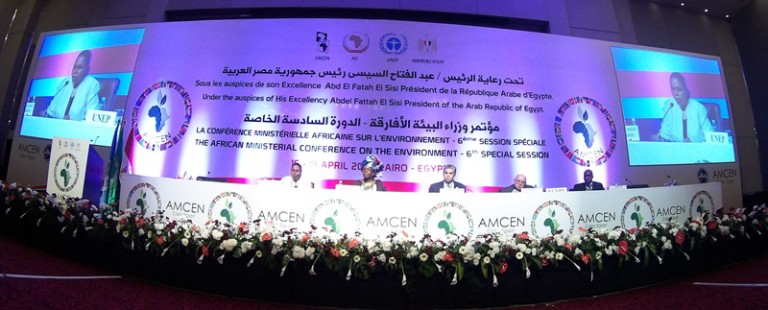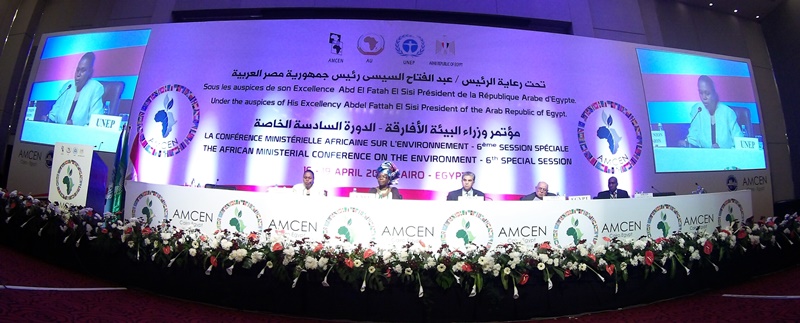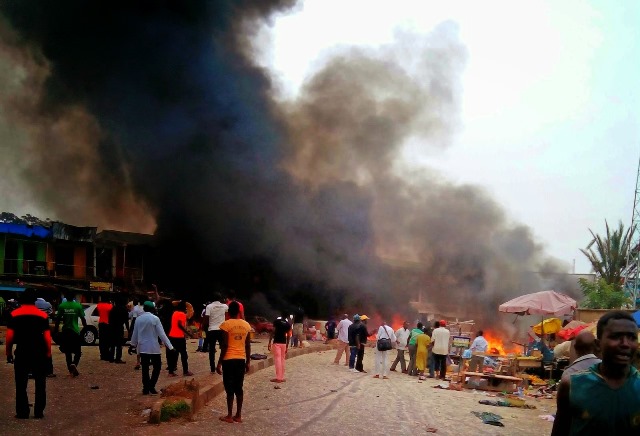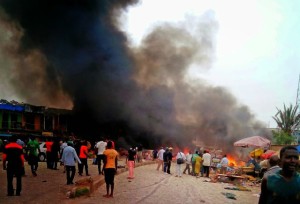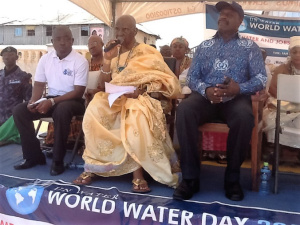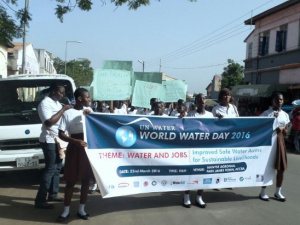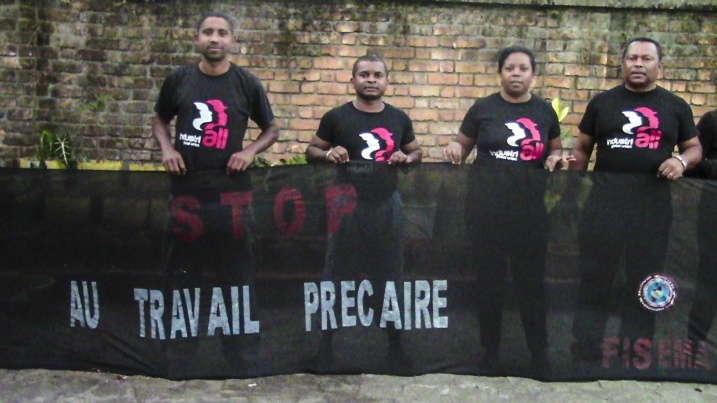There is growing global momentum to put a price on carbon pollution. About 40 national and 23 subnational governments have put in place carbon pricing mechanisms, covering 12 percent of global emissions.
Nearly half of the national pledges submitted in the run-up to the Paris COP21 climate conference reference carbon pricing, and new approaches are being rolled out in China, France, Canada and other countries.
The Carbon Pricing Leadership Coalition, which brings together more than 20 governments and 90 companies, is holding its first High Level Assembly in Washington this week, where it will push for greater global support for stronger carbon pricing policies.
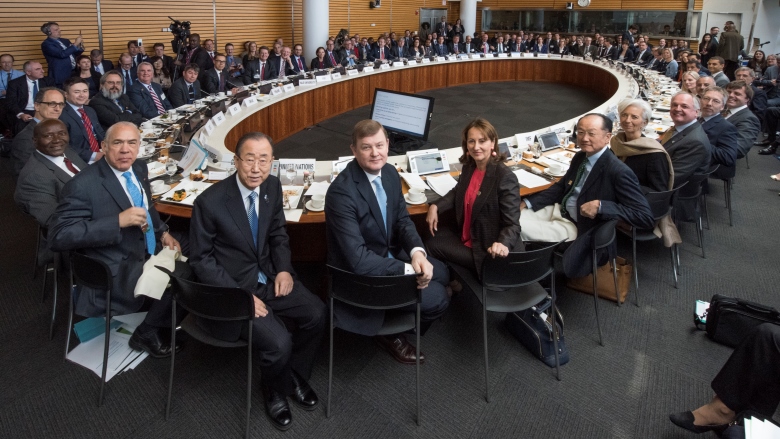
The Paris climate talks in December 2015 delivered a breakthrough consensus after decades of negotiations: the collective commitment of more than 190 countries to hold planetary warming to 2 degrees Celsius or less.
Less noticed, but just as important, was how the Paris Agreement accelerated action on carbon pricing – a key tool for accelerating economic transformation away from fossil fuels and toward cleaner production, improved lifestyles and reduced poverty.
Carbon pricing is not new – in 1991, Sweden implemented one of the world’s first carbon taxes to make pollution that causes climate change part of the economic equation. More than two decades later, Sweden has managed to use the tax to help decouple economic growth from emissions.
The Canadian province of British Columbia introduced its carbon tax in 2008, helping spawn a clean technology sector. To offset the burden on poorer families, the B.C. carbon tax includes a credit for low-income households.
Companies are also increasingly using carbon pricing. Brazilian chemical giant Braskem is using an internal carbon price of $37 to stress-test its business model. And – together with 20 other major Brazilian companies – Braskem is conducting a simulation of emissions trading before the government puts a program in place. Braskem joins a growing number of companies that are using carbon pricing to gain a competitive edge as the world economy moves onto a low carbon trajectory.
What do Sweden, British Columbia and Braskem have in common? They are all part of the Carbon Pricing Leadership Coalition (CPLC), a global initiative launched at the Paris climate talks with the goal of bringing together public-private support for carbon pricing around the world.
High Level Assembly
Now the coalition, bringing together more than 20 national and state governments along with more than 90 businesses, is holding its first High Level Assembly to build on the momentum of the Paris agreement by demonstrating and promoting the effectiveness of putting a price on carbon pollution.
The Assembly, held in Washington during the World Bank-International Monetary Fund Spring Meetings, will introduce new partners into the CPLC – including governments like Côte d’Ivoire, Colombia, Finland and the United Kingdom; and companies including Iberdrola, Rusal, and Tata Group; and Yale University.
With the High-Level Assembly, the CPLC will step up its work of promoting and sharing evidence of successful carbon pricing mechanisms, through the new Principles for Successful Carbon Pricing and other tools. It will also push for greater business support of carbon pricing policies, and organize regional summits and other leadership dialogues to advance the use of carbon pricing systems.
Breakthrough Consensus
Today, some 40 governments and 23 cities, states and regions are putting a price on carbon, covering about 12 percent of annual global greenhouse gas emissions. In addition, more than 450 companies around the world report using a voluntary, internal price on carbon in their business plans.
Countries are demonstrating the growing momentum. France recently introducing a new carbon tax. China has seven regional carbon market pilots in place and has announced a national emissions trading system to begin in 2017. At a sub-national level, Quebec has linked its emissions trading systems to California’s.
Nearly half of the national plans submitted in Paris reference carbon pricing, and the agreement included language in Article 6 for turning these plans into investment blueprints for low carbon development.
In Paris, heads of state including German Chancellor Angela Merkel, French President François Hollande, Mexican President Enrique Peña Nieto, Canadian Prime Minister Justin Trudeau, Ethiopian Prime Minister Hailemariam Dessalegn, and Chilean President Michelle Bachelet stood on stage together to call accelerated action on carbon pricing.
At its assembly, CPLC partners are taking on the role of monitoring global progress in designing and using carbon pricing systems. They will also pledge to provide support to countries that want to use carbon pricing as a way to implement the pledges they made in Paris.
That includes sharing lessons learned and emerging best practices, such as those provided by Sweden, British Columbia, Braskem and other carbon-pricing pioneers.

